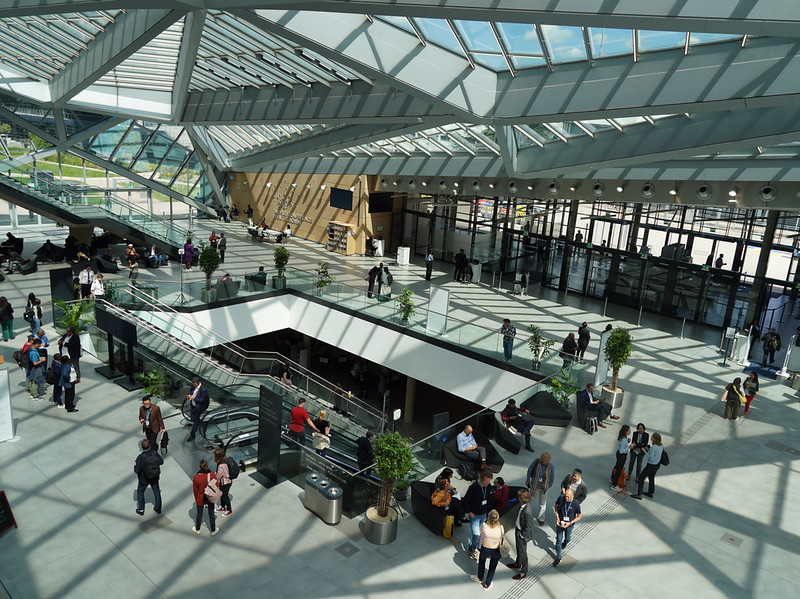Napping on NAPs or drowning in paperwork?
As he opened the Bonn conference last week, UN climate head Simon Stiell bemoaned that only 57 governments have so far put together a national adaptation plan (NAP) to adjust to the impacts of climate change.
“By the time we meet in Baku, this number needs to grow substantially. We need every country to have a plan by 2025 and make progress on implementing them by 2030,” he said.
The South American nation of Suriname is one of the 57. Its coast is retreating, leaving the skeletons of homes visible in the sea and bringing salt water into cropland – and its NAP lays out how it wants to minimise that.
Tiffany Van Ravenswaay, an AOSIS adaptation negotiator who used to work for Suriname’s government, told Climate Home how hard it is for small islands and the poorest countries to craft such plans.
“We have one person holding five or seven hats in the same government,” she said. These busy civil servants often don’t have time to compile a 200-page NAP, and then an application to the Green Climate Fund or Adaptation Fund for money to implement it, accompanied by a thesis on why these impacts are definitely caused by climate change.
“It takes a lot of data, it takes a lot of work, and it takes also a lot of human resources,” she said. What’s needed, she added, are funds for capacity-building, to hire and train people.
Cecilia Quaglino moved from Argentina to the Pacific Island nation of Palau to write, along with just one colleague, its NAP. She told Climate Home they are “struggling” to get it ready by next year. “We need expertise, finance and human resources,” she said.
According to three sources in the room, developing countries pushed for the NAP negotiations in Bonn to include the “means of implementation” – the code phrase for cash – to plan and implement adaptation measures, but no agreement was reached.
Talks on the Global Goal on Adaptation are also centred on finance. Developing countries want to track the finance provided towards each target, whereas developed countries want to avoid quantification – and any form of standalone adaptation finance target for the goal.
They are also divided on the extent to which negotiators themselves should run the process for coming up with indicators versus independent experts. Developed countries want more of a role for the Adaptation Committee, a body mainly of government negotiators, whereas developing nations want non-government specialists with a regional balance to run the show.



